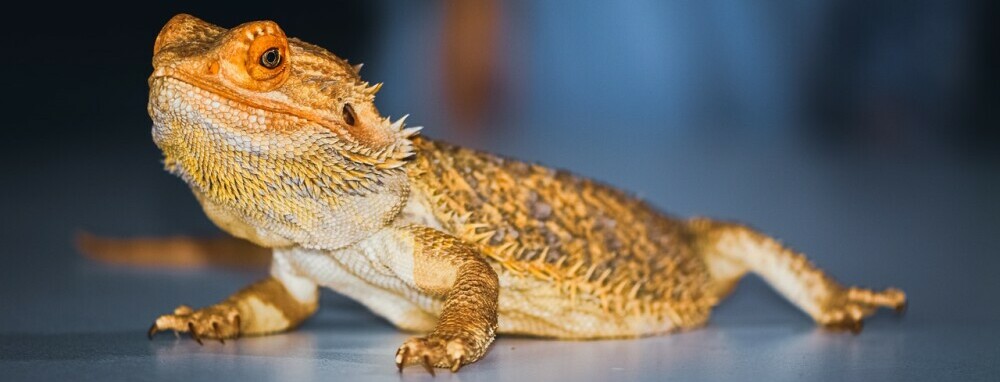Exploring The Dietary Needs Of Bearded Dragons: What Do Bearded Dragons Eat?
Bearded dragons, scientifically known as Pogona, are fascinating reptiles native to Australia known for their distinct appearance and amiable demeanour. These reptiles make popular pets due to their manageable size and relatively low maintenance. However, one crucial aspect of caring for a bearded dragon is understanding its dietary requirements. In this article, we delve into the question: What do bearded dragons eat?

Understanding Bearded Dragon Diets
Bearded dragons are omnivorous creatures, meaning they consume both plant matter and animal protein. Their diet in the wild typically consists of insects, vegetation, and occasionally small vertebrates. As pets, replicating this diverse diet is essential for their overall health and well-being.
Insect-Based Diet
In their natural habitat, bearded dragons primarily feed on insects such as crickets, mealworms, roaches, and waxworms. These insects provide essential protein and nutrients, including calcium and vitamins. When feeding insects to pet bearded dragons, it’s crucial to ensure they are appropriately sized to prevent choking hazards and digestive issues.
Plant Matter
In addition to insects, bearded dragons also consume a variety of plant matter. Leafy greens such as collard greens, mustard greens, and dandelion greens are excellent sources of vitamins and fiber for these reptiles. Additionally, vegetables like carrots, squash, and bell peppers can be included in their diet to provide essential nutrients.
Supplementation
To ensure bearded dragons receive all the necessary vitamins and minerals, it’s essential to provide proper supplementation. Dusting insects with calcium powder and occasionally with multivitamin supplements can help prevent deficiencies and promote optimal health. However, it’s crucial not to over-supplement, as this can lead to imbalances and health issues.
Hydration
Proper hydration is vital for the health of bearded dragons. While they obtain moisture from their diet, providing a shallow water dish for drinking is essential. Additionally, occasional misting or bathing can help ensure hydration and aid in shedding.
Conclusion
Understanding the dietary needs of bearded dragons is crucial for responsible pet ownership. By offering a balanced diet consisting of insects, leafy greens, vegetables, and appropriate supplementation, owners can ensure the health and longevity of their beloved reptiles. Additionally, providing access to clean water and proper hydration methods is essential for their well-being.
FAQs (Frequently Asked Questions)
1. Can bearded dragons eat fruits?
While fruits can be offered as occasional treats, they should not make up a significant portion of a bearded dragon’s diet. Fruits are high in sugar, which can lead to health issues if consumed excessively.
2. How often should I feed my bearded dragon?
Young bearded dragons should be fed daily, while adult dragons can be fed every other day. It’s essential to monitor their weight and adjust feeding frequency accordingly to prevent obesity or malnutrition.
3. Can bearded dragons eat live prey?
Yes, bearded dragons can eat live insects such as crickets, mealworms, and roaches. However, it’s crucial to ensure the insects are appropriately sized and from a reputable source to prevent the risk of parasites or disease.
4. Do bearded dragons require UVB lighting?
Yes, UVB lighting is essential for bearded dragons as it helps them metabolize calcium and maintain proper bone health. Providing a UVB light source for 10-12 hours a day is crucial for their overall well-being.
5. What should I do if my bearded dragon refuses to eat?
A decrease in appetite can be a sign of various health issues. If your bearded dragon refuses to eat for an extended period or shows other concerning symptoms, it’s essential to consult a veterinarian experienced in reptile care for proper diagnosis and treatment.
Thanks for reading! If you liked this article please leave us a comment and check out some of our others! Have a specific query you want answered? Shoot us an e-mail at contact@commoncuriosities.com
Looking for some further reading? Check out the articles below!

